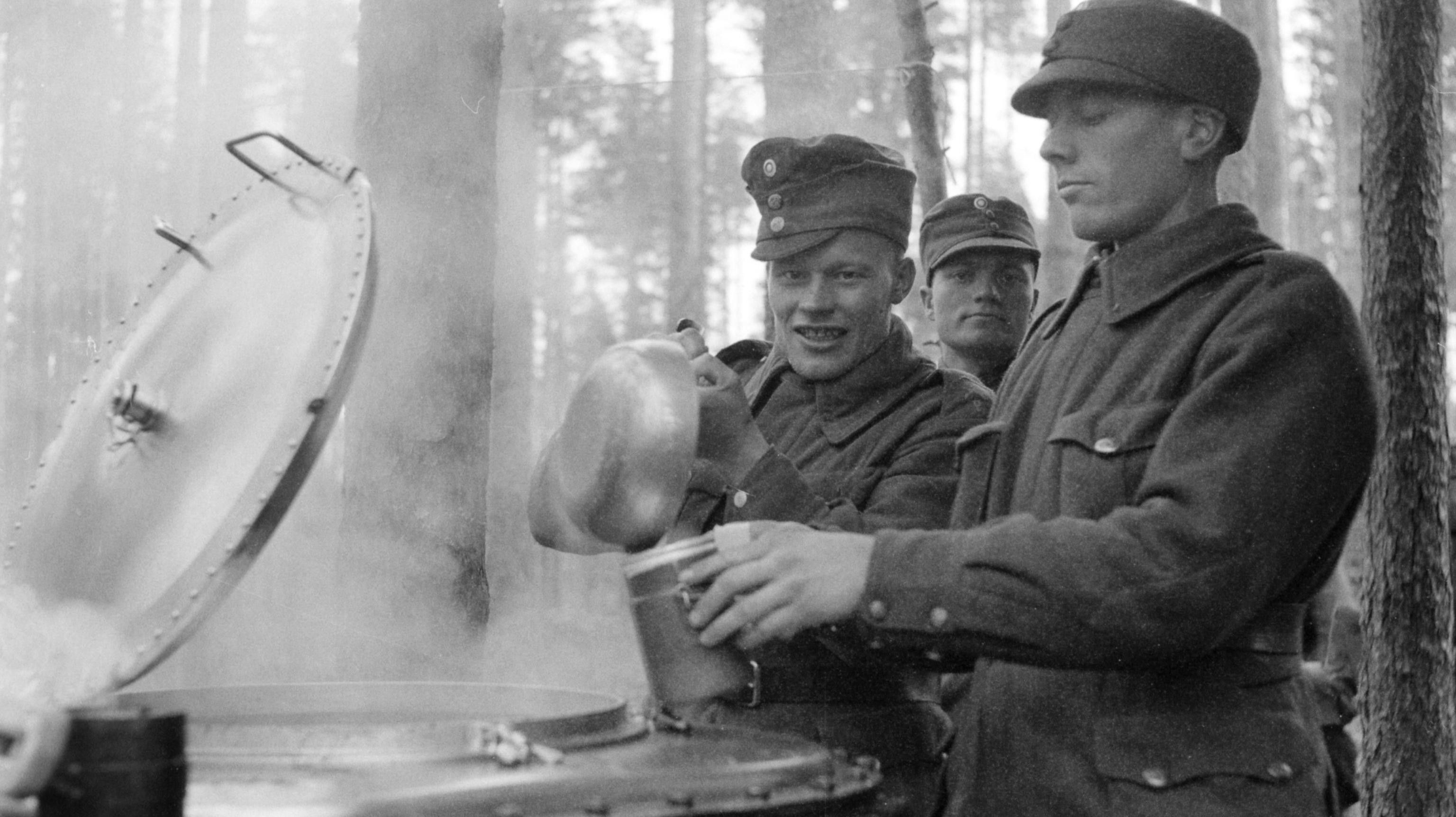As public support for Ukraine has waned over time, and Washington’s policy elites are shifting their focus more toward the conflict in Gaza, an endgame for Ukraine is desperately needed. U.S. and European officials have reportedly broached the issue of possible peace negotiations with their Ukrainian counterparts. This begs the question: What could a peace treaty between Kyiv and Moscow look like? One historical instance stands out among many as a potential model for how the Russo-Ukrainian War could end.
The “Winter War,” or the Soviet-Finnish War that took place from November 1939 to March 1940 (and was renewed by the Finns as allies of Germany between June 1941 and September 1944), has drawn some comparisons with the ongoing conflict between Ukraine and Russia. After Finland rejected an ultimatum to concede a considerable portion of its territory and the Soviet signing of the 1939 Molotov–Ribbentrop Pact, Joseph Stalin’s Red Army invaded Finland to install a puppet Communist Finnish government and eliminate a potentially hostile presence near the Soviet Union’s second city and only Baltic port of Leningrad.
Similar to the initial phase of the Russian invasion of Ukraine, Soviet officials predicted that Helsinki would fall to Soviet troops in as little as three days. However, despite the Soviets outnumbering the Finns in soldiers by three to one, Helsinki succeeded in holding off the Red Army for more than three months, inflicting extremely heavy casualties on the invading forces.
Though Finland was eventually defeated and forced to concede about 11 percent of its territory, the Finns scored a moral victory. It is widely considered that the grit and courage of Finland’s resistance convinced Stalin that incorporating Finland into the Soviet Union or turning it into a Communist client state like Poland would be more trouble than it was worth. This also contributed to Stalin’s eventual agreement to sign a peace treaty with Finland in 1944 in return for a small amount of additional territory and a commitment on Helsinki’s part to neutrality. Finland thus became the only part of the former Russian Empire that was not reincorporated into the Soviet Union under Lenin and Stalin.
Thereafter, Finland implemented the Paasikivi-Kekkonen doctrine, which aimed to preserve Finland’s survival as an independent country by maintaining a neutral foreign policy stance, while Finnish nationalism became a central ideological and political driving force in Finnish society. The Soviet Union stuck to the terms of the treaty with Finland, and during the Cold War, Finland developed as a remarkably prosperous and successful Western democracy. On this basis, after the Cold War ended, Finland was able to join the European Union in 1995 and then NATO in 2023.
While “Finlandization” was considered a pejorative suggestive of accommodation, if not appeasement among Western geopoliticians during the Cold War, it turned out to be a diplomatic triumph. Finland has long had one of the world’s highest per capita GDPs, scores 100% on Freedom House’s Democracy Index (the United States scores 83), and Finns have long ranked as the world’s happiest people. The Austrian State Treaty of 1955, which guaranteed Austrian neutrality, by which Soviet and NATO troops withdrew from the country, also ensured that Austria developed as a successful and prosperous Western democracy.
Kyiv might learn from the Finnish example that surrendering some territory, though deeply painful, is still worth it if the greater part of the country thereby secures its independence and capacity for economic and political development. Hopefully, the strength of Ukrainian nationalism and the tough and united resistance of Ukrainians to Russia’s invasion have also persuaded Putin, as Stalin was persuaded by Finnish resistance, that his goal of turning the whole of Ukraine into a Russian client state is impossible.
This is already a great victory for Ukraine, not just in terms of Russia’s initial goals but the history of the past 300 years during which Russia has dominated Ukraine.
The government of Ukraine currently remains steadfast in its maximalist aims of recovering all of its internationally recognized territory, including Crimea, which was annexed by Russia in 2014. Military reality, however, suggests that this goal is extremely unlikely to be achieved and that an agreement freezing the existing battle lines may well be the best that Kyiv can hope for, at least for the present.
On the other hand, if the war continues, Russia’s massive advantages in manpower, industry, and weapons production could lead to far more significant Ukrainian losses — just as Finland would likely have suffered complete disaster if it had continued to fight after March 1940 or September 1944.
Washington can do its part by not encouraging unrealistic war goals and thereby possibly exposing Ukraine to future disaster.
Ukraine has already won in key respects. Vladimir Putin has no hope of subjugating the whole of Ukraine as a vassal state in the foreseeable future. Kyiv is moving closer to the West and could be integrated into the European Union (EU) in the future. Moreover, Moscow’s actions have actually reinforced Ukrainian nationalism.
As with Finland, this national unity presents the best hope for Ukrainian independence.
















